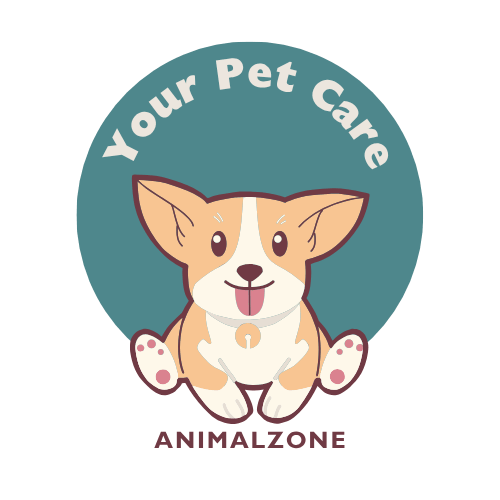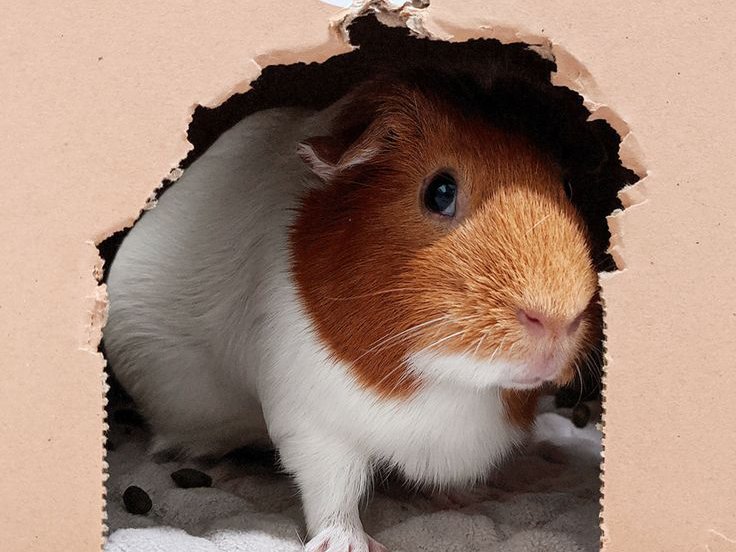Guinea pigs are adorable, social creatures that bring joy to many pet owners. But just like any other animal, they can fall ill—and because they’re prey animals, they often hide symptoms until the condition becomes serious. Recognizing early warning signs can help you take action before your guinea pig’s health deteriorates.
1. Loss of Appetite
A sudden lack of interest in food or water is one of the most common indicators of illness. Healthy guinea pigs eat constantly. If your pet stops eating or drinking, it may be suffering from a digestive issue, dental problem, or another underlying condition.
2. Weight Loss
If you notice your guinea pig is becoming visibly thinner, it’s a cause for concern. Regularly weigh your guinea pig to catch subtle changes. Weight loss can be a sign of malnutrition, parasites, or organ failure.
3. Changes in Behavior
Lethargy, hiding more than usual, or aggression can be signs your guinea pig isn’t feeling well. A once active and curious pet that now stays in one spot might be battling pain or discomfort.
4. Respiratory Issues
Watch for signs such as wheezing, sneezing, or labored breathing. Respiratory infections are common in guinea pigs and can become fatal if not treated quickly. A runny nose or watery eyes may also accompany these symptoms.

5. Unusual Droppings
Healthy guinea pig droppings are firm and oval-shaped. Loose, mushy, or oddly shaped feces could point to digestive upset, parasites, or bacterial infections. Always monitor the frequency and consistency of their waste.
6. Skin or Coat Problems
Bald patches, excessive scratching, or flaky skin might indicate mites, fungal infections, or allergies. A dull or greasy coat can also be a sign of internal illness.
7. Dental Problems
Guinea pigs have continuously growing teeth. Overgrown or misaligned teeth can make it difficult to eat and lead to other health problems. Look for signs like drooling, difficulty chewing, or food falling from the mouth.
8. Discharge or Swelling
Any unusual lumps, swellings, or discharges from the eyes, nose, or genital area should be evaluated by a vet immediately.
What To Do If You Notice These Symptoms
If you spot any of these warning signs, don’t delay—consult an exotics-savvy veterinarian as soon as possible. Early diagnosis and treatment can mean the difference between recovery and a life-threatening situation.
Learn More: Explore our zoopiahub.com to better understand how to care for your furry companion and prevent illness before it starts.

